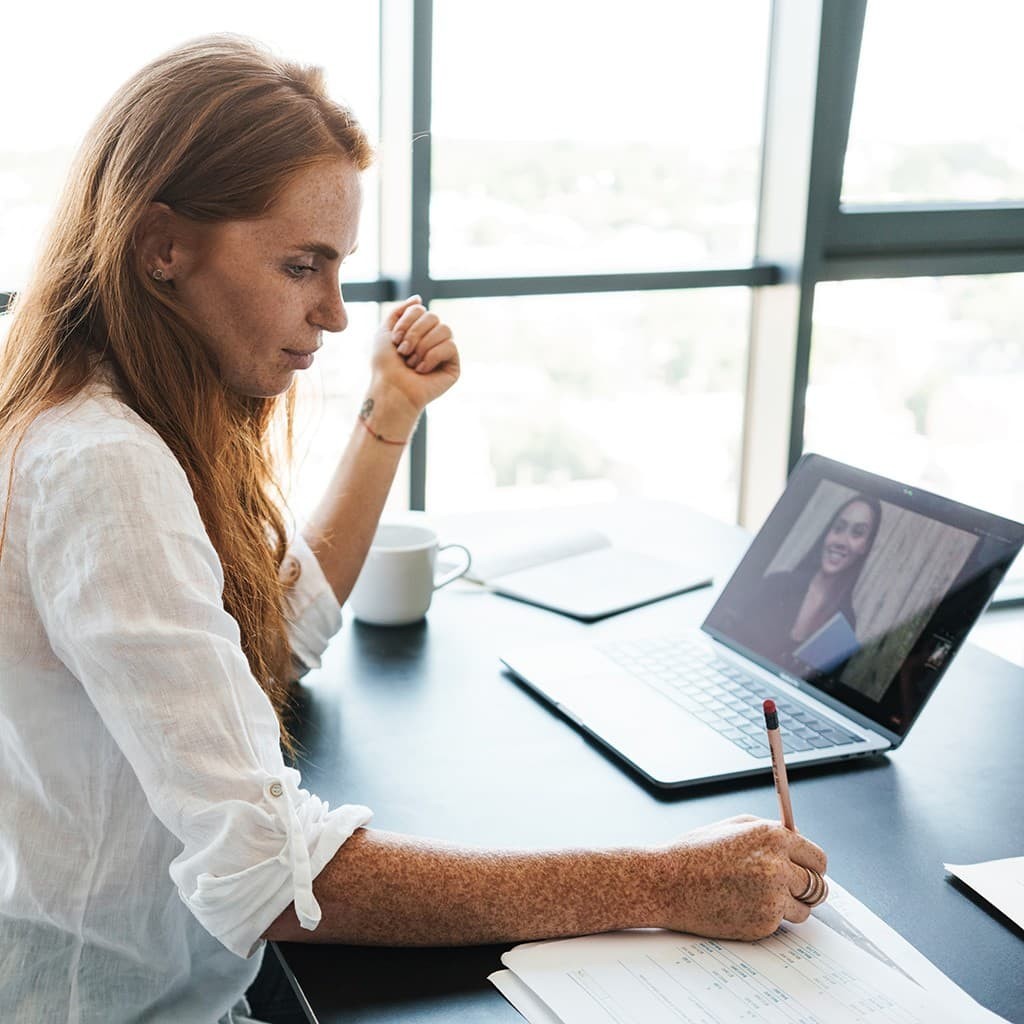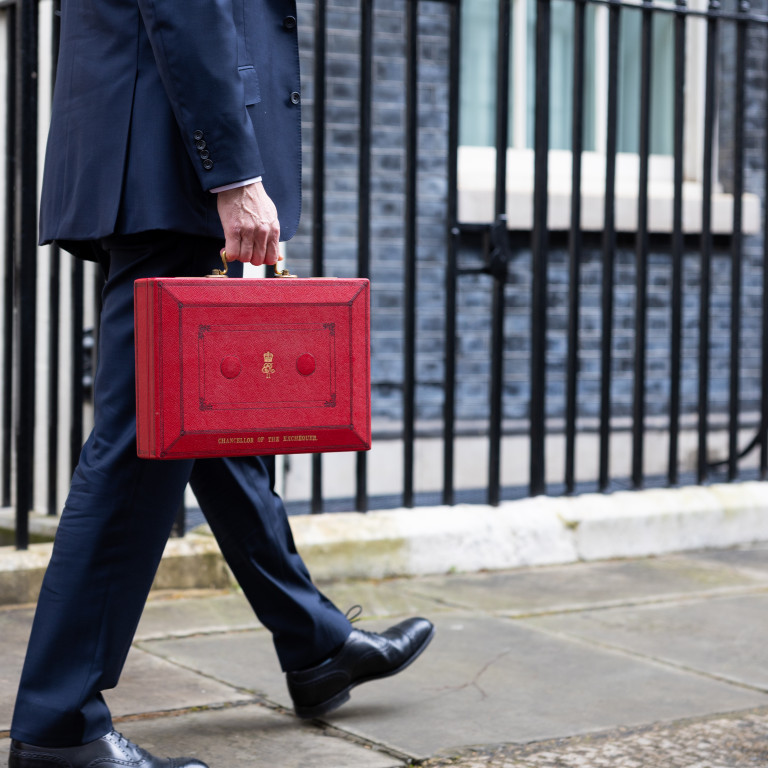During the pandemic, it has been difficult vulnerable people across England and Wales to visit Solicitors’ offices or to arrange for friends or neighbours to witness their Wills.
The Ministry of Justice (MOJ) introduced legislation to allow for wills to be witnessed via video-link up and this has now been extended to allow vulnerable people to use this method of executing their wills until 31 January 2024.
This will give vulnerable people “peace of mind” that their wills will be legally-recognised, especially those who are forced to isolate either with covid or from another vulnerability, and will “reassure all those who need to use this provision that their final wishes are legally-recognised as witnesses previously had to be physically present“.
In practice, it is obviously better for wills to be witnessed in the physical presence of witnesses. A lot of legal professionals are concerned that using the video-link up method increases the risk of undue influence, future claims and an increase in difficulties assessing their client’s capacity to make decisions when conducted remotely.
To protect people against undue influence and fraud during remote processes, two witnesses are still required and virtual witnessing is only recognised if the quality of the sound and video is sufficient to see and hear what is happening.
It should be noted that the MOJ maintains that the use of video technology should remain a last resort and people must continue to arrange physical witnessing of wills where it is safe to do so. Wills witnessed through windows are already considered legitimate in case law provided they have clear sight of the person signing it.
How can Tozers help?
For help and advice on putting a Will in place, or amending a current Will, please contact our dedicated Wills and Probate team, who will be happy to help.






